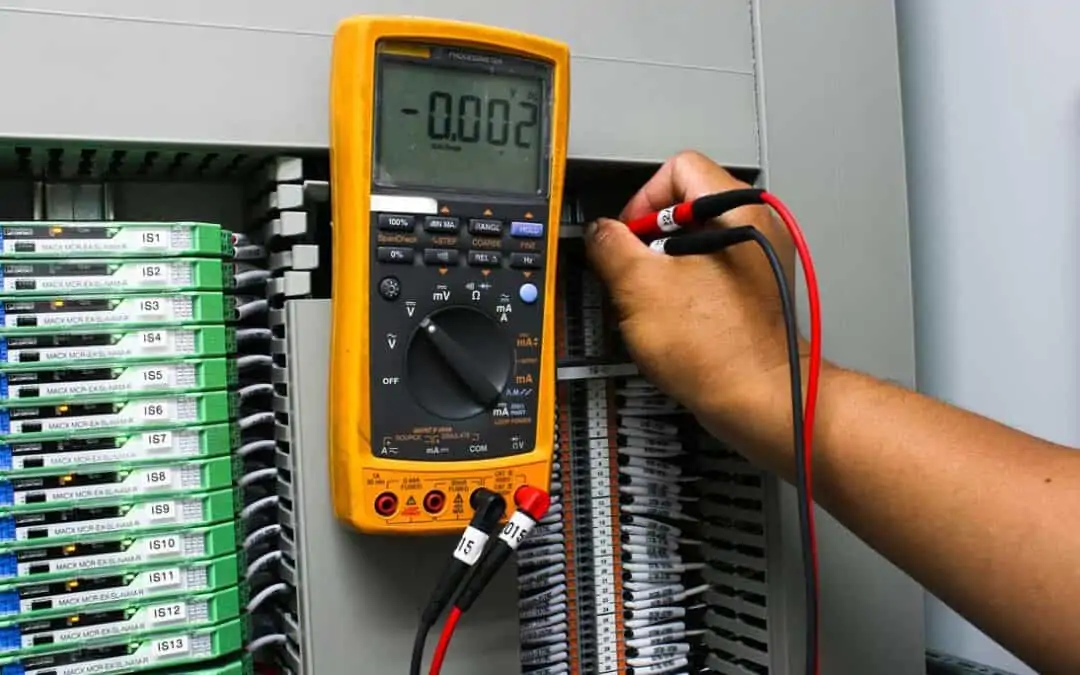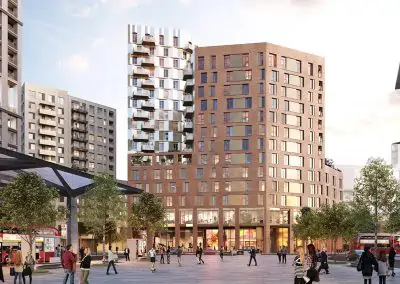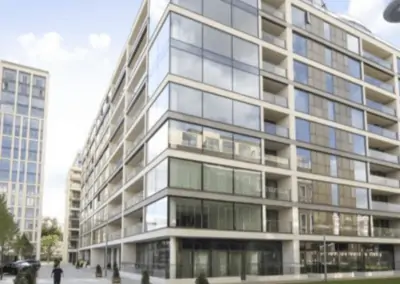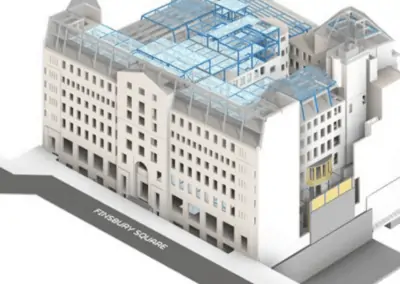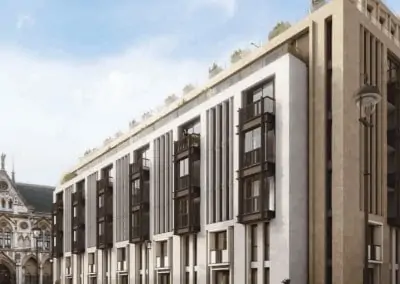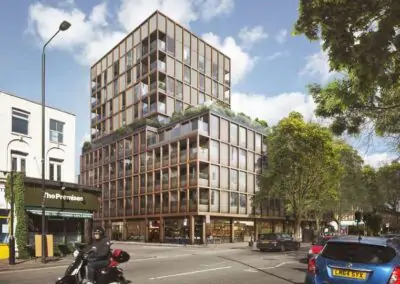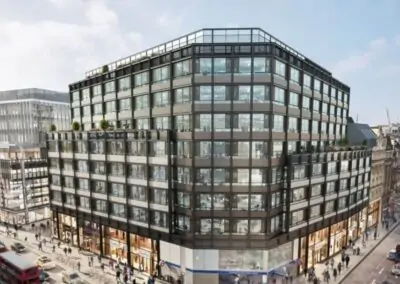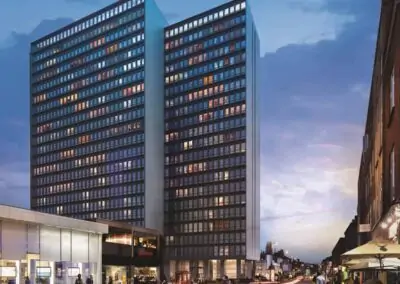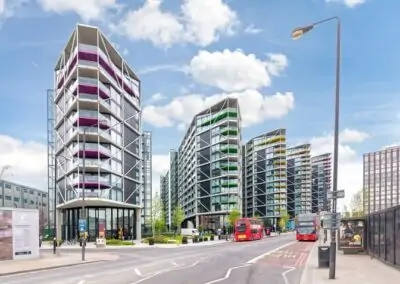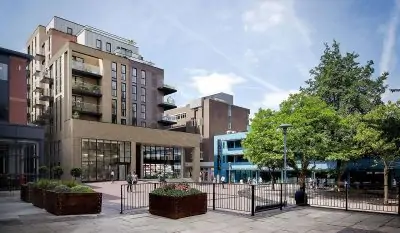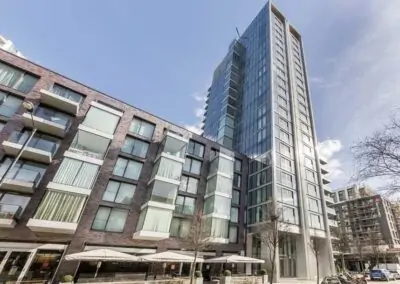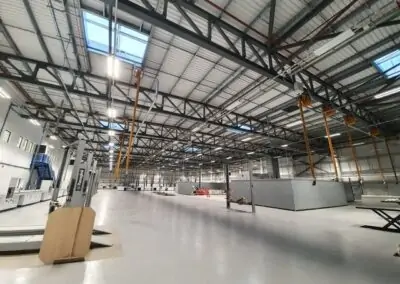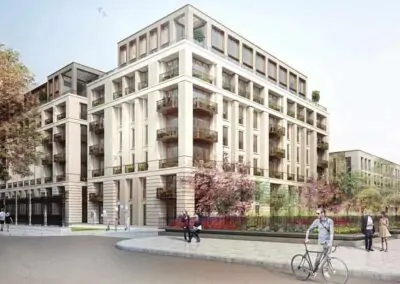All Electrical Installations, Over Time, Will Deteriorate Naturally as They Are A Working Mechanism Made Up of Various Components and Working Systems.
Much Like a MOT for cars it is extremely important that you carry out checks on your electrics at regular intervals to check on the condition.
This will help to identify any faults or defects which could require improvement. It will also insure that your electrics continue to work in a safe and effective manner.
There are two kinds of checks that be carried out and the NICEIC recommend that these are carried out by a registered electrician such as our electricians here at FBS Electrical Services
Visual Inspection
A visual inspection is a basic check to see if there is any visible signs of defects, damage or deterioration.
During this inspection there will be no circuit testing, so your electricity will likely remain on during the inspection.
We will need access to all the rooms in your home or business. The average report takes roughly 60 minutes to complete, this is dependent on the size of the property.
Detailed notes will be taken by us as part of the visual inspection. Once completed we will issue a Visual Inspection Result (VIR).
The visual inspection report will record several observations and recommendations, it will also provide an overall summary of the condition of the electrical installations through the premises.
Below you can find a check list of things that we will be look at during the visual inspection:

- Consumer Unit (Main Fuse Board)
- Sockets
- Plugs
- Light Fittings
- Light Switches
- Electrical Cables or Leads
- Earthing and Bonding
- Extension Leads
- Kitchen Safety
- Bathroom Safety
- Signs of wear and tare
- Visible signs of burning/scorching
- RCD protection around the premises
Electrical Installation Condition Report (EICR)
An electrical installation condition report (EICR) identifies any damage, deterioration, defects and/or conditions which may give rise to danger along with observations for which improvement is recommended.
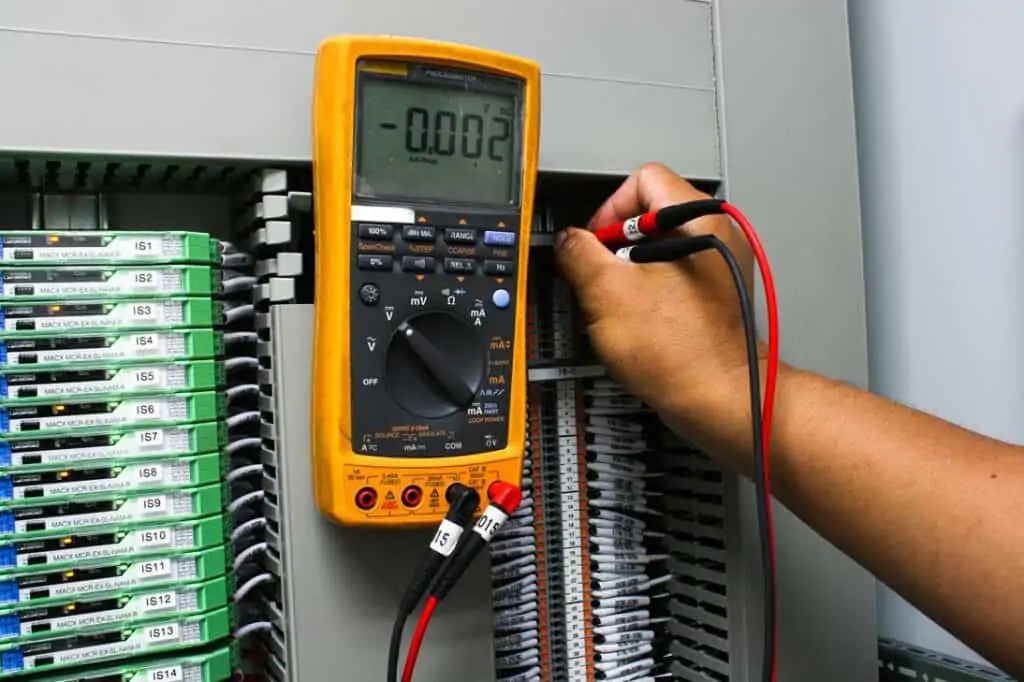
This type of report is more detailed then the Visual Inspection Report and will involve the testing of various circuits which will require the electrics within the premises to be switched off. This allows our engineers to identify any possible hidden defects or issues that cannot be identified during the visual inspection.
The purpose of an EICR (this is also known as periodic inspection and testing of an electrical installation), is to determine, so far as is reasonably practicable, whether the installation is in a satisfactory condition for continued service.
Homeowners and Landlords often ask for or obtain a condition report as part of a house or premises sale. Similarly, landlords with an increasing awareness of their electrical safety obligations undertake regular periodic inspections in relation to their properties.
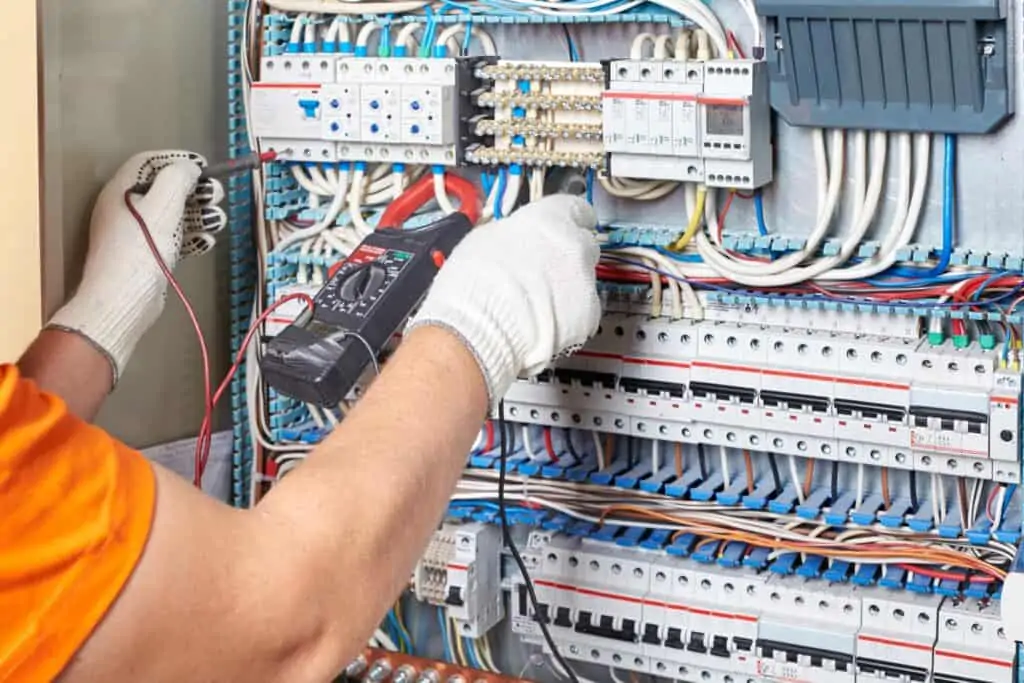
It is generally recommended that an EICR is carried out every ten years (five for privately rented properties) or when there is a change occupancy. You can find more information about this on the Electrical Safety First website.
Typically, an EICR will take roughly 3-4 hours to complete, this is depending on the size of the property and the number of circuits that require testing.
What will an EICR tell me?
An EICR which is part of our electrical testing and inspection will provide a full summary of the condition of the electrics installed in your home or business. It will determine whether it complies with the current British Standard for electrical safety (BS 7671).
The EICR will record several observations in line with BS 7671 electrical standards and make various recommendations on where improvement may be made to improve the safety in your home or business.
Once the EICR is completed, we will provide you with a certificate outlining the overall condition of the electrical installation. Generally, the EICR will provide codes against the condition of the installation. These codes are as follows:
Code C1 – This code indicates that danger exists, requiring immediate remedial action. The persons using the installation are at immediate risk.
Code C2 – This code indicates that, whilst an observed deficiency is not considered to be dangerous at the time of the inspection it could a real and immediate danger if a fault or other foreseeable event was to occur in the installation or connected equipment.
Code C3 – This code indicates that, whilst an observed deficiency is not considered to be a source of immediate or potential danger, improvement would contribute to a significant enhancement of the safety of the electrical installation.
You are under no obligation to have any of the issues fixed, though it is recommended that corrective action to rectify any C1 and C2’s is completed as soon as possible. FBS Electrical Services will always send a quote for any remedial works that are required. If you have had another electrical company carry out the inspection and would a quote from us, then please Contact Us today for a free no-obligation quotation.
I’m looking to buy a property and would like to know the condition of the electrics.

When purchasing a property, it is always worth asking the occupier if they have an up to date EICR. This will then give you a good overview of the current state of the electrics in the property. If they don’t have an EICR you have every right to request one to be carried out with the costs to be agreed between either party. An update to ECIR should have been carried out in the last 5 years.
I am about to move into a rented property but am worried about the condition of the electrics?
The law states that landlords are required to ensure that the electrical installation in a rented property is safe when tenants move in, it then needs to be maintained in a safe condition throughout its duration.
If the property is a House in Multiple Occupation (HMO) a periodic inspection must by law be carried out every five years.
If the property is not an HMO, a landlord legally doesn’t have to do this (except in Scotland where it became law on 1st December 2015).
The NICEIC recommend that a landlord should have a registered electrician carry out a periodic inspection on a rental property at least every 5 years.
Any appliance provided should also be safe and at the least have the CE marking (which is the manufacture’s claim that it meets all the requirements of European law).
To meet these requirements a landlord will need to regularly carry out the basic safety checks. This is to ensure that the electrical installation and appliances are safe and working correctly.
Who should carry out an EICR?
Only registered electricians should carry out an EICR. FBS Electrical Services are registered electricians in the United Kingdom. We carry out all types of electrical testing and complete electrical services in London and Kent for all types of households and businesses. Contact Us today for a free no-obligation quotation.

